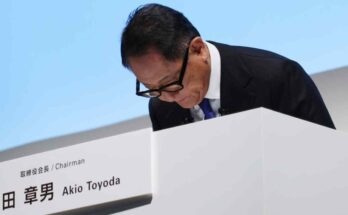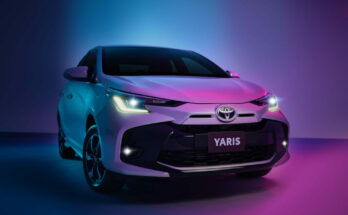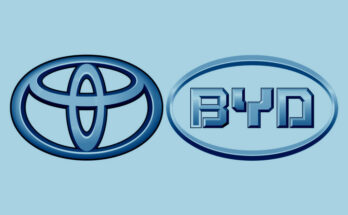Toyota intends to develop a business by exporting its hydrogen technology outside of its home market as revealed in an investor conference.
With a more than 90% reliance on energy imports, Japan and its largest automaker have long made a significant bet on hydrogen as a substitute for fossil fuels. They have stuck with this strategy despite the rise of battery-powered cars. However, sales of automobiles propelled by hydrogen have remained flat. This is mostly a result of the high price of carbon-free hydrogen and the scarcity of hydrogen fueling infrastructure.
However, Toyota claims that by 2030, as the world’s largest economies strive to decarbonize and seize control of the energy supply chains, there will be a far greater financial opportunity to sell its fuel cells in Europe, China, and North America. Additionally, it believes that fuel cells are better suited for longer-range, heavy-use vehicles like delivery trucks because of their higher energy density.
Related: Toyota Reveals Corolla Cross Hydrogen Concept
Despite being the first nation to outline a national hydrogen policy in 2017, Toyota doesn’t seem to recognize Japan’s tremendous market potential, at least based on its presentation. Since then, the US, Europe, and China have released targets and investment plans that are far more aggressive in their attempts to utilize gas. Tokyo revised its policy in June, setting a new goal of boosting annual hydrogen supply to 12 million tonnes by 2040 with a public-private investment of 15 trillion yen ($106 billion) spread over the following 15 years.
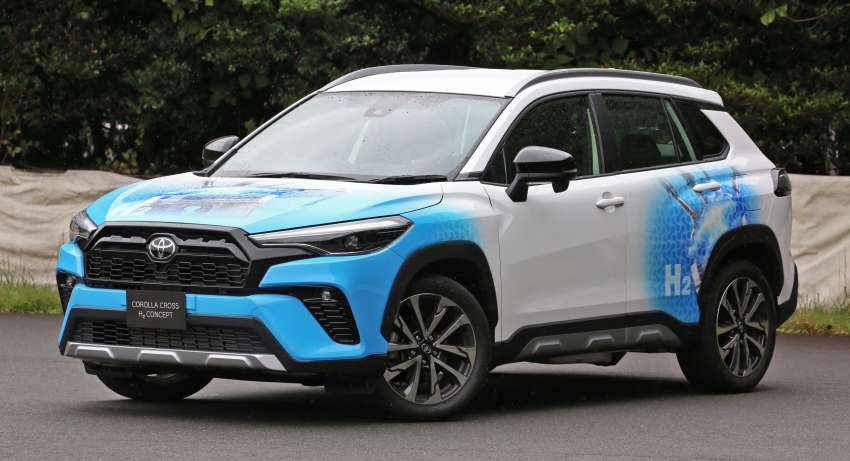
The new plan was implemented after Japan’s first targets from 2017 were generally missed. According to the Japan Automobile Dealers Association, despite having set a goal of selling 40,000 fuel-cell cars by 2020, only roughly 7,700 hydrogen automobiles have been sold. Although 164 hydrogen stations have been established, the country has fallen short of its goal of having 100 of them deliver green hydrogen produced from renewable energy sources.
Toyota’s own goal of selling more than 30,000 fuel-cell vehicles annually worldwide by around 2020 has likewise been mostly missed. It has only sold fewer than 22,000 fuel-cell vehicles since the introduction of its hydrogen-powered Mirai in 2014, including 3,924 last year.
Related: Toyota’s Hydrogen-Burning Corolla Catches Fire
Japanese executives have privately voiced displeasure over the lack of a clear plan for how the government intends to reduce the price of creating carbon-free hydrogen. Companies like Toyota and Panasonic are increasingly moving outside of Japan to sell their hydrogen technology as the US offers tax benefits for every segment of the green hydrogen supply chain and China also invests extensively.
However, Japan has continued to work towards its ambition of increasing the annual hydrogen supply to roughly 3 million tonnes in 2030. China is aiming for 40 million tonnes, and the US, Europe, and China are all aiming for about 25 million tonnes.
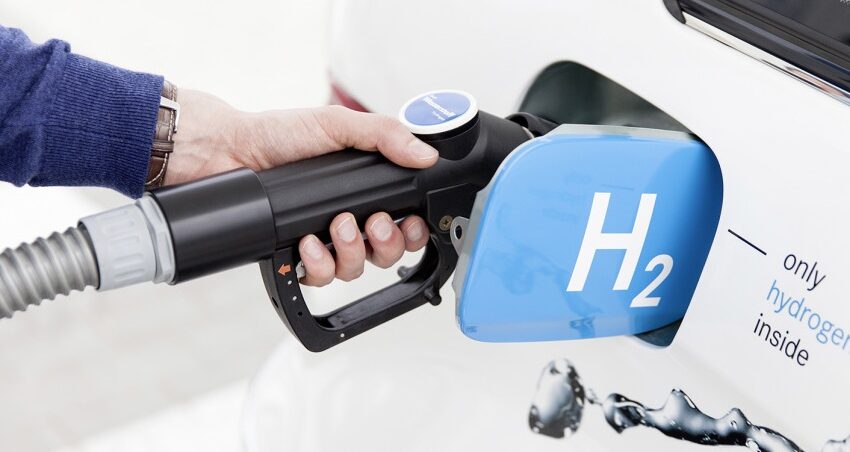
Thus far, 100,000 units of the hydrogen system for the Mirai have been ordered globally, largely for commercial cars, according to Mitsumasa Yamagata, president of Toyota’s hydrogen business. It intends to treble those orders, which would result in half of the unit cost, by collaborating with truckmakers in Europe and China and raising local production.
Related: China Released Long-Term Plan for Hydrogen Vehicles
Toyota executives also stressed that Japan remained an important market but cost reduction was still their priority. According to Hiroki Nakajima, its chief technology officer:
“We need volume to bring down the costs so we need to roll out enough vehicles in Europe and China. Once the costs are down, we can transfer the positive outcome to Japan.”
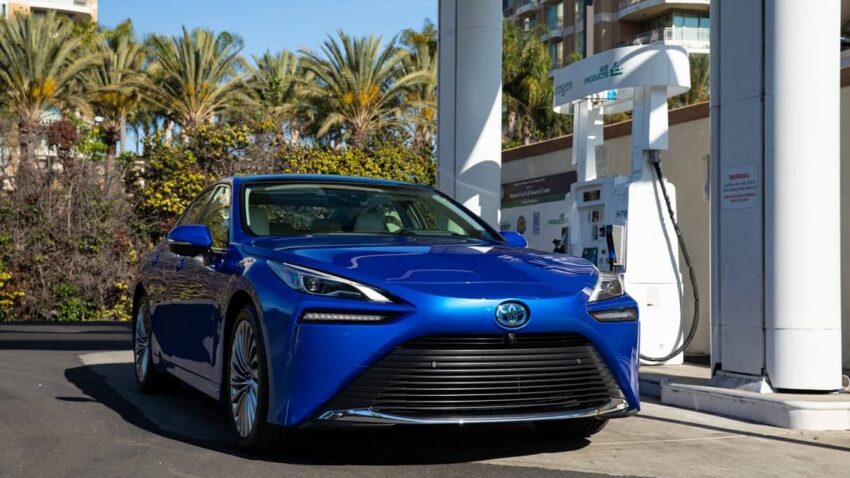
Executives from Japanese industries acknowledge that pushing hydrogen into China would provide a challenging conundrum for both energy security and industrial competitiveness. Tatsuo Ogawa, the chief technology officer of Panasonic, cautioned that Japan’s hydrogen technology would suffer the same fate as silicon solar cells and liquid crystal displays, which Japan lost out on to more inexpensive Chinese competitors.
Related: Hydrogen Fuel Cell Car Sales Dwindling
Toyota must safeguard its decades-old expertise in building fuel cell stacks as a key technology at all costs, but it also cannot overlook China’s enormous potential for hydrogen-powered transportation.
Source: Financial Times

A computer animation professional with over 23 years of industry experience having served in leading organizations, TV channels & production facilities in Pakistan. An avid car enthusiast and petrolhead with an affection to deliver quality content to help shape opinions. Formerly written for PakWheels as well as major publications including Dawn. Founder of CarSpiritPK.com

